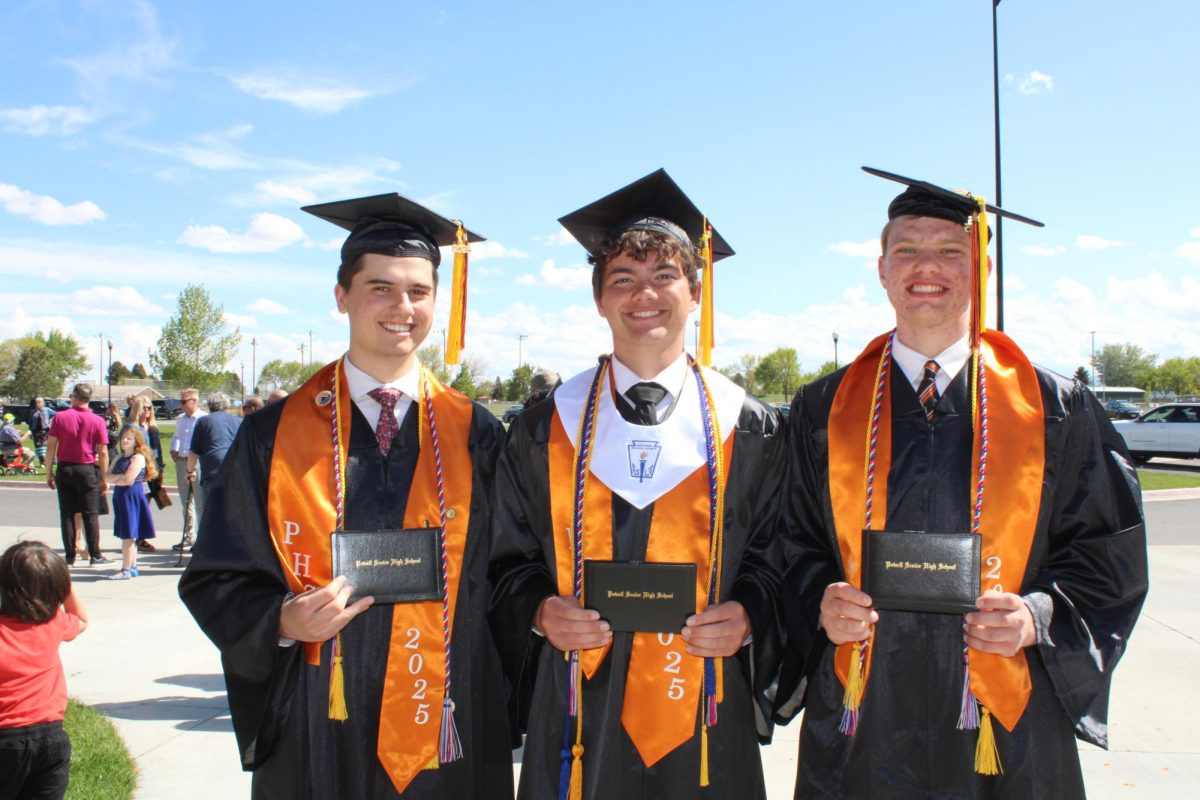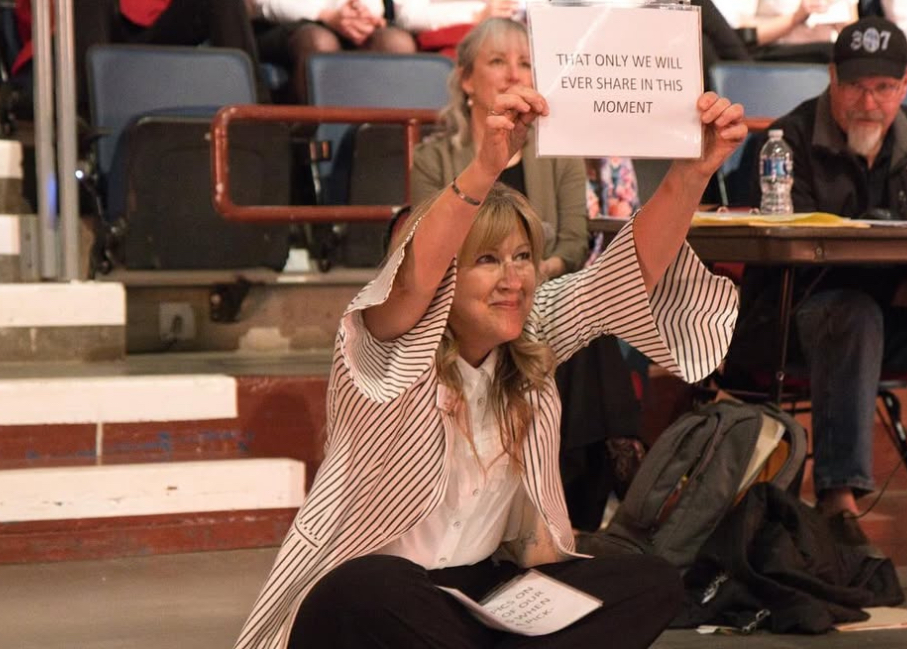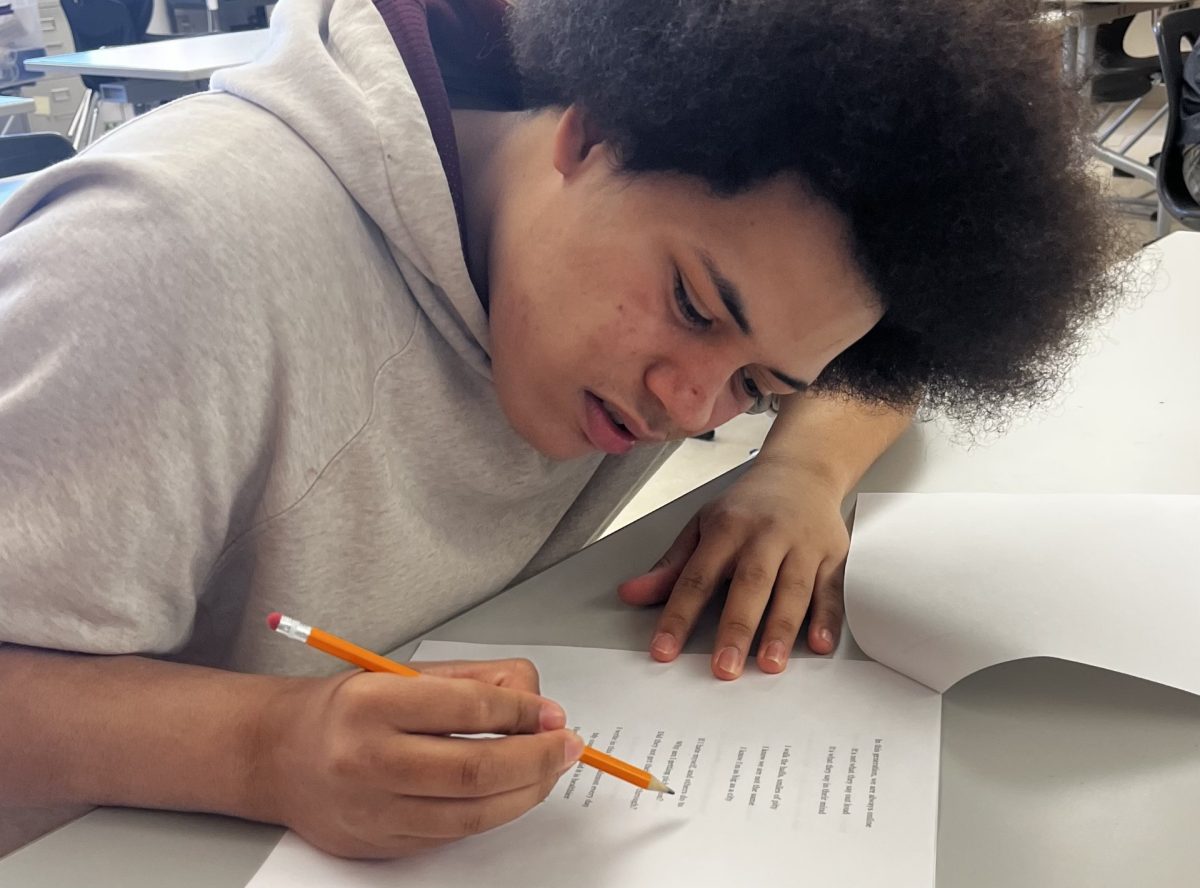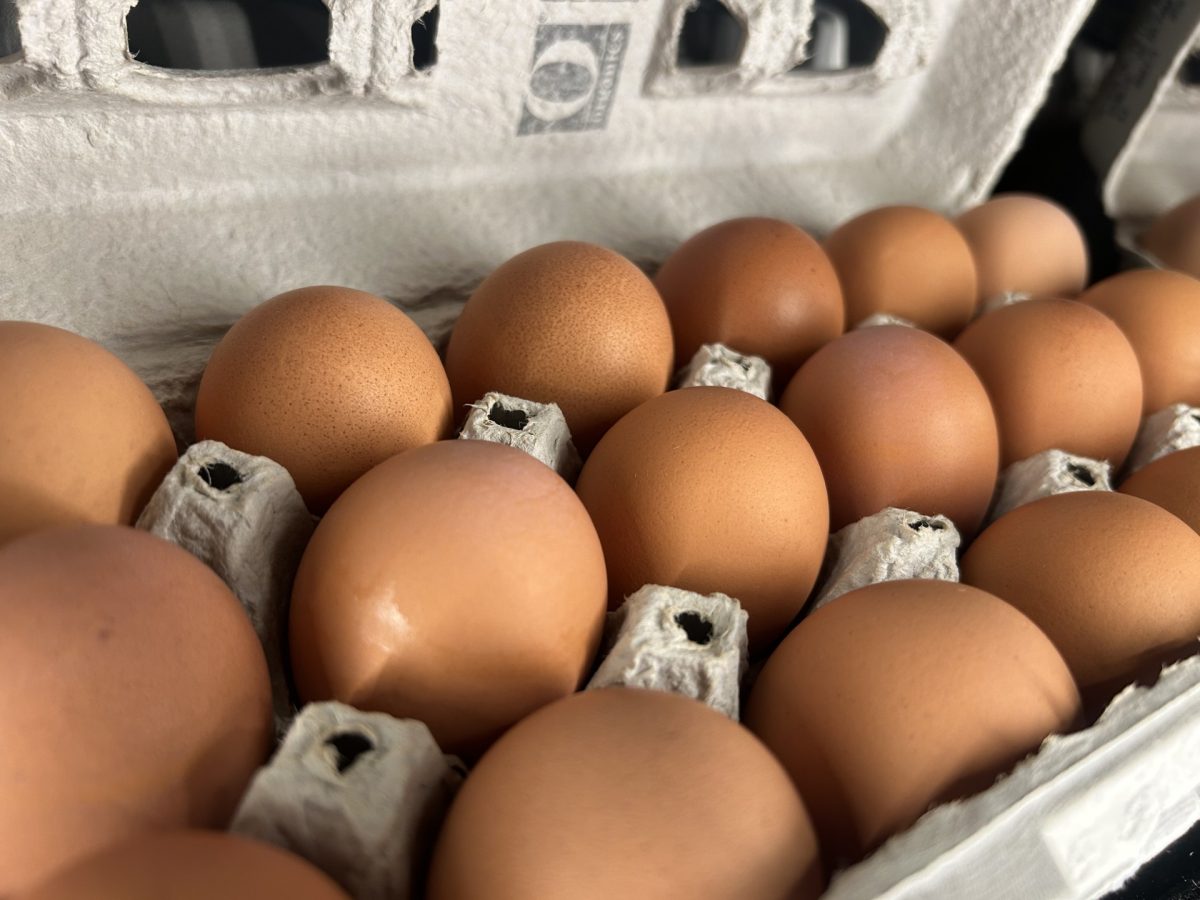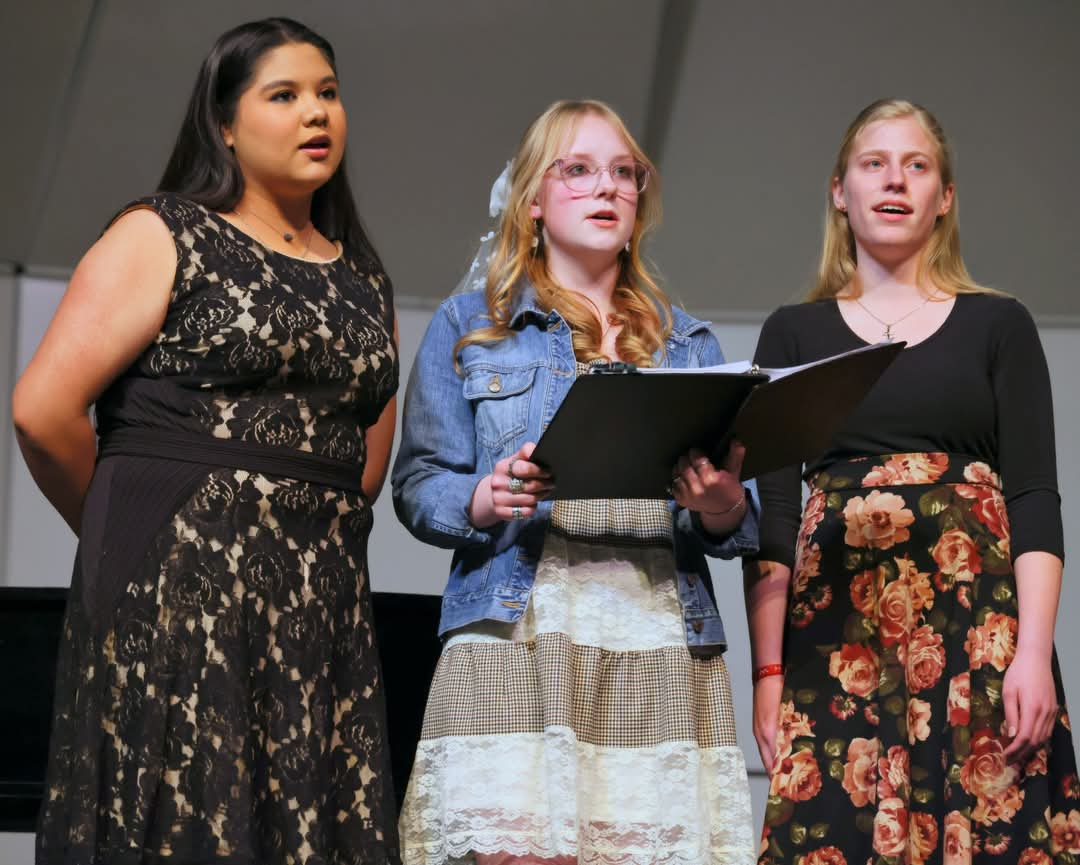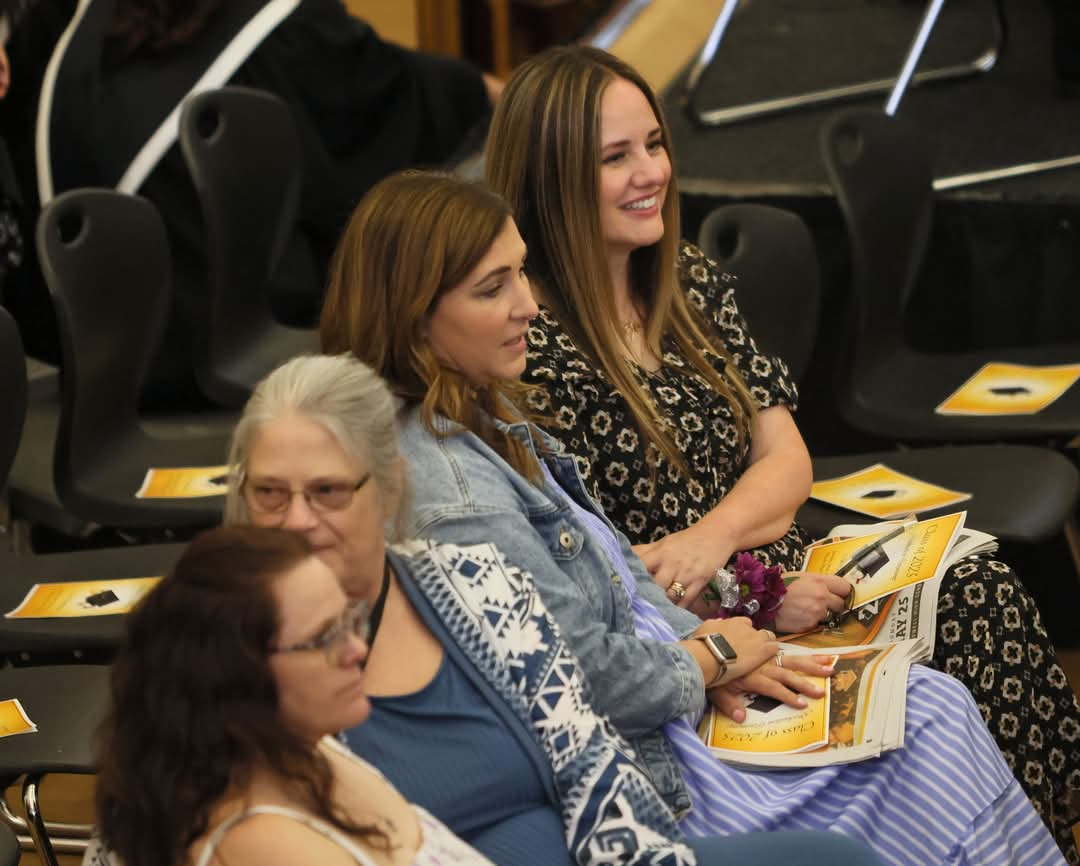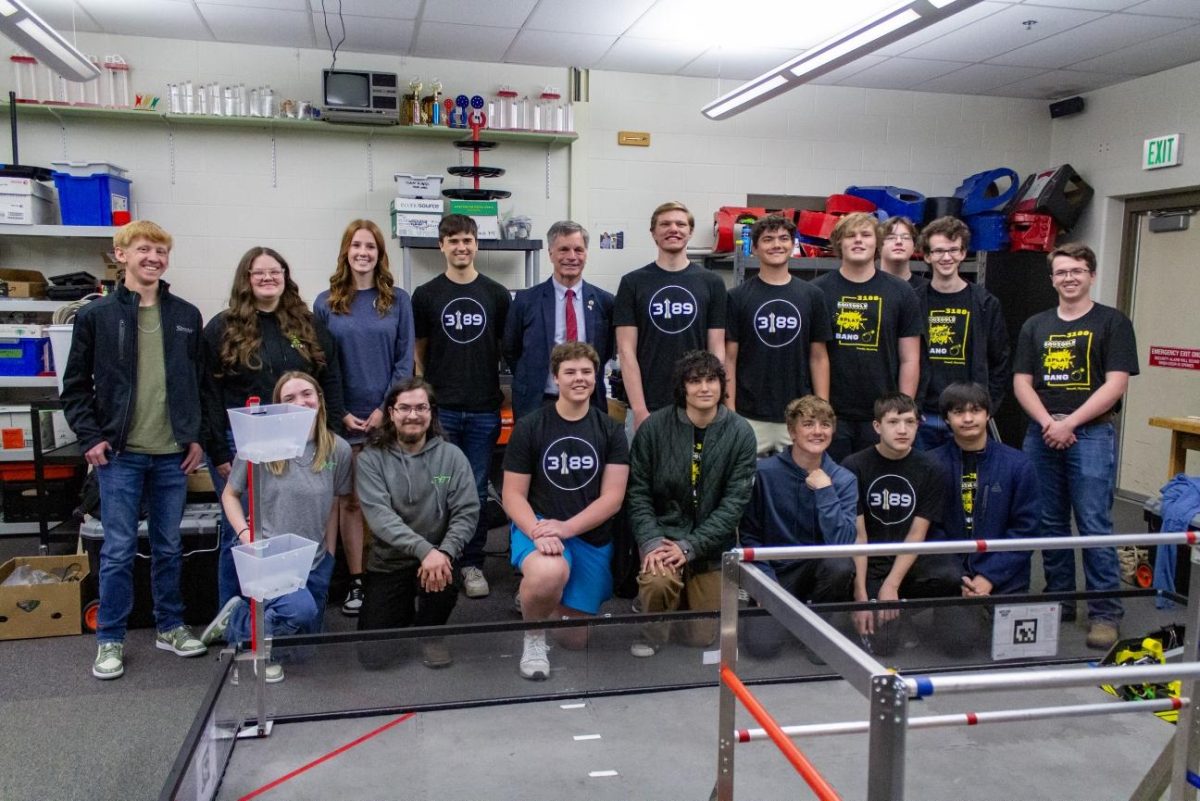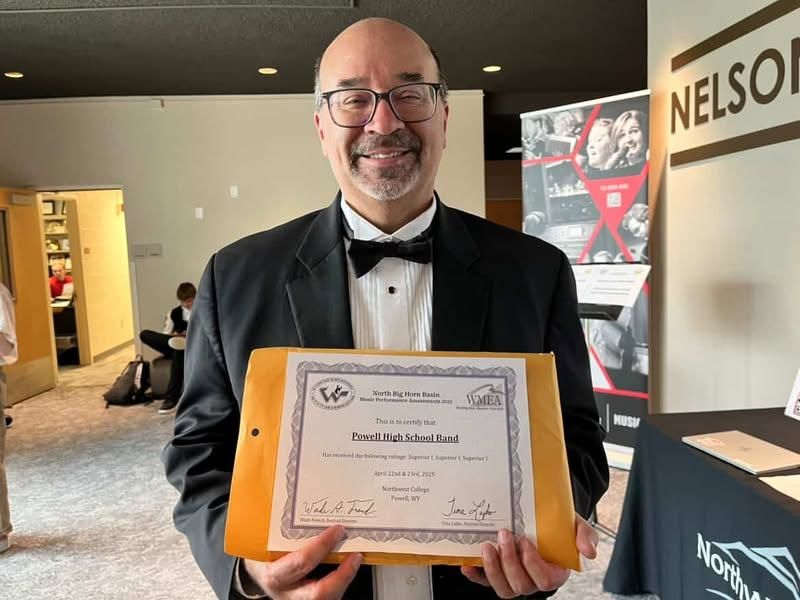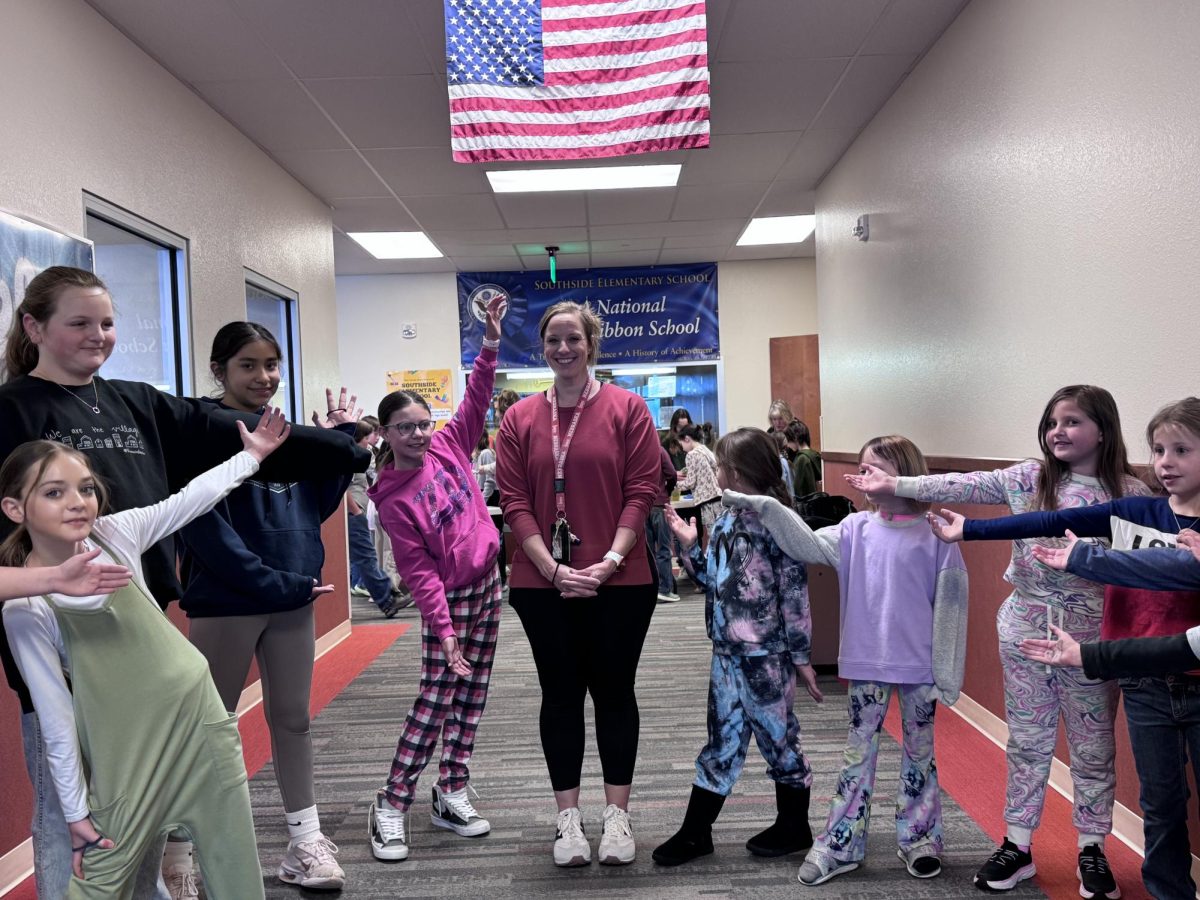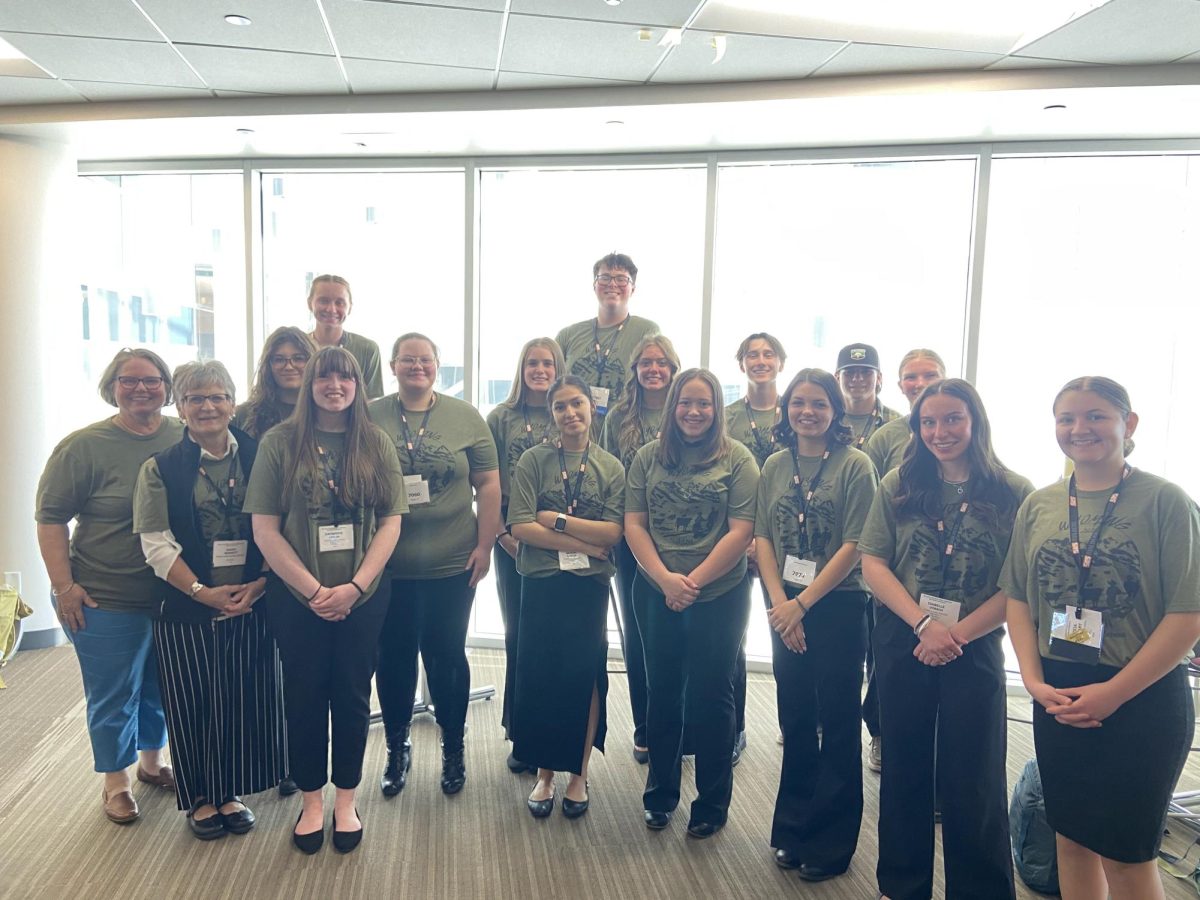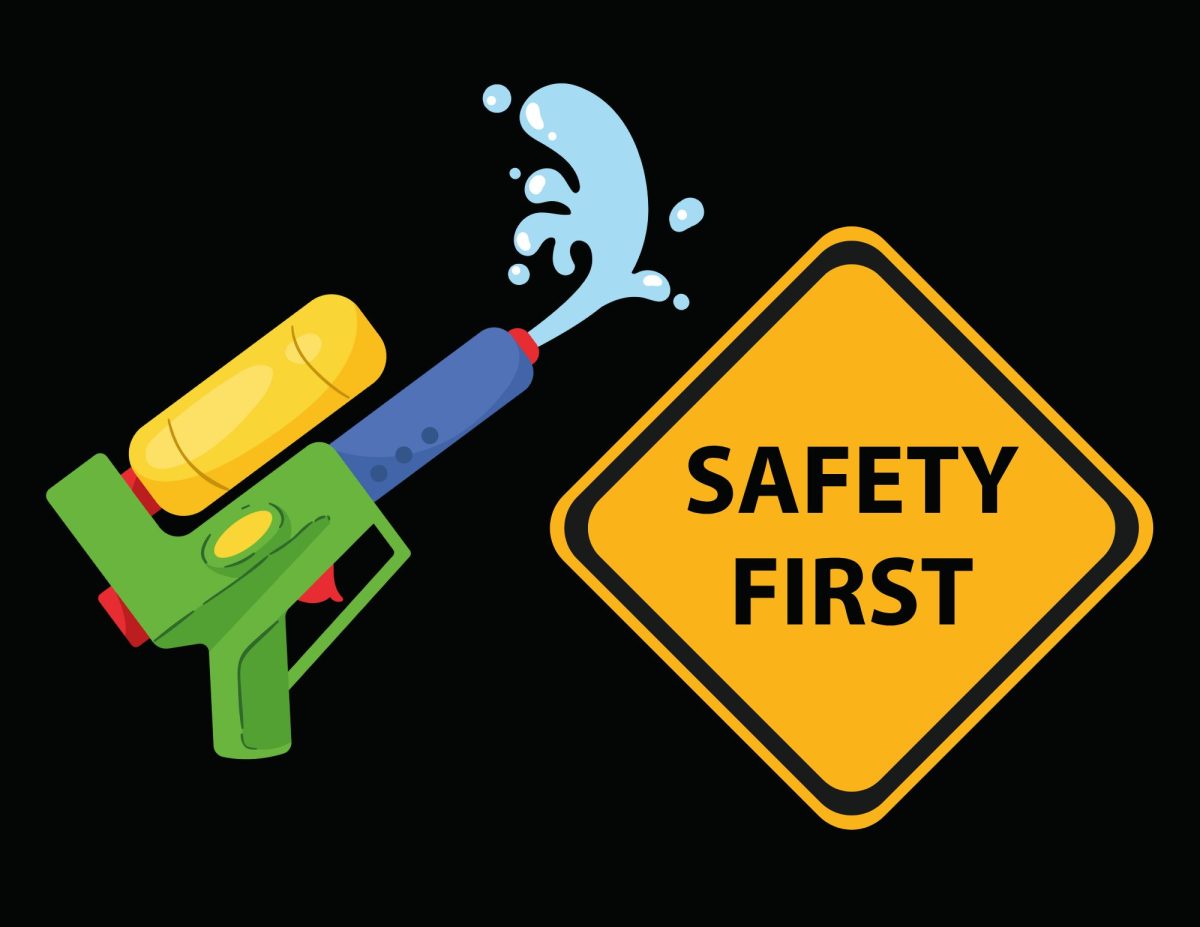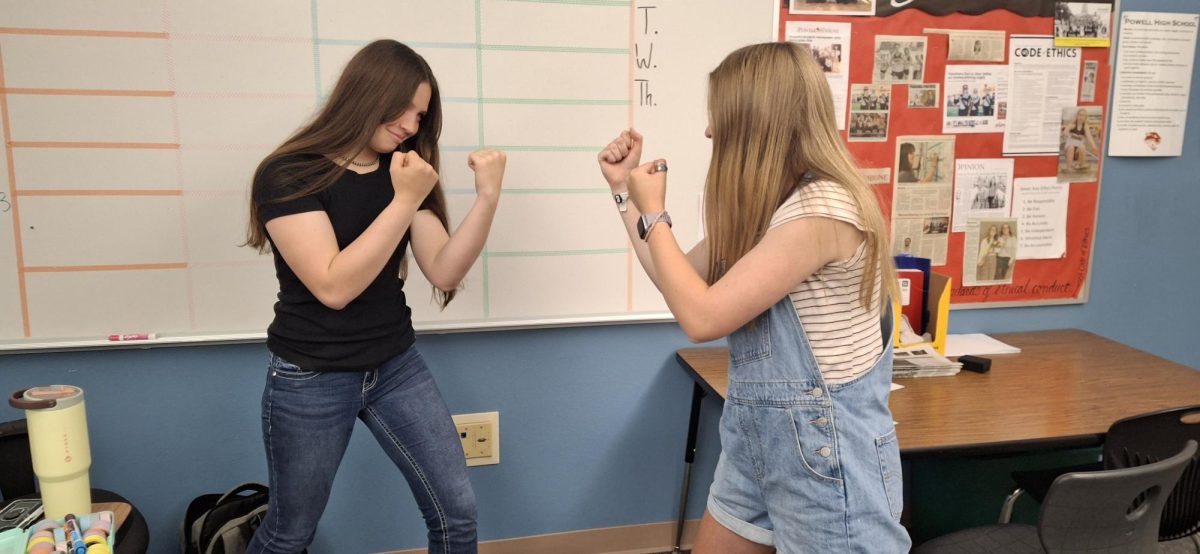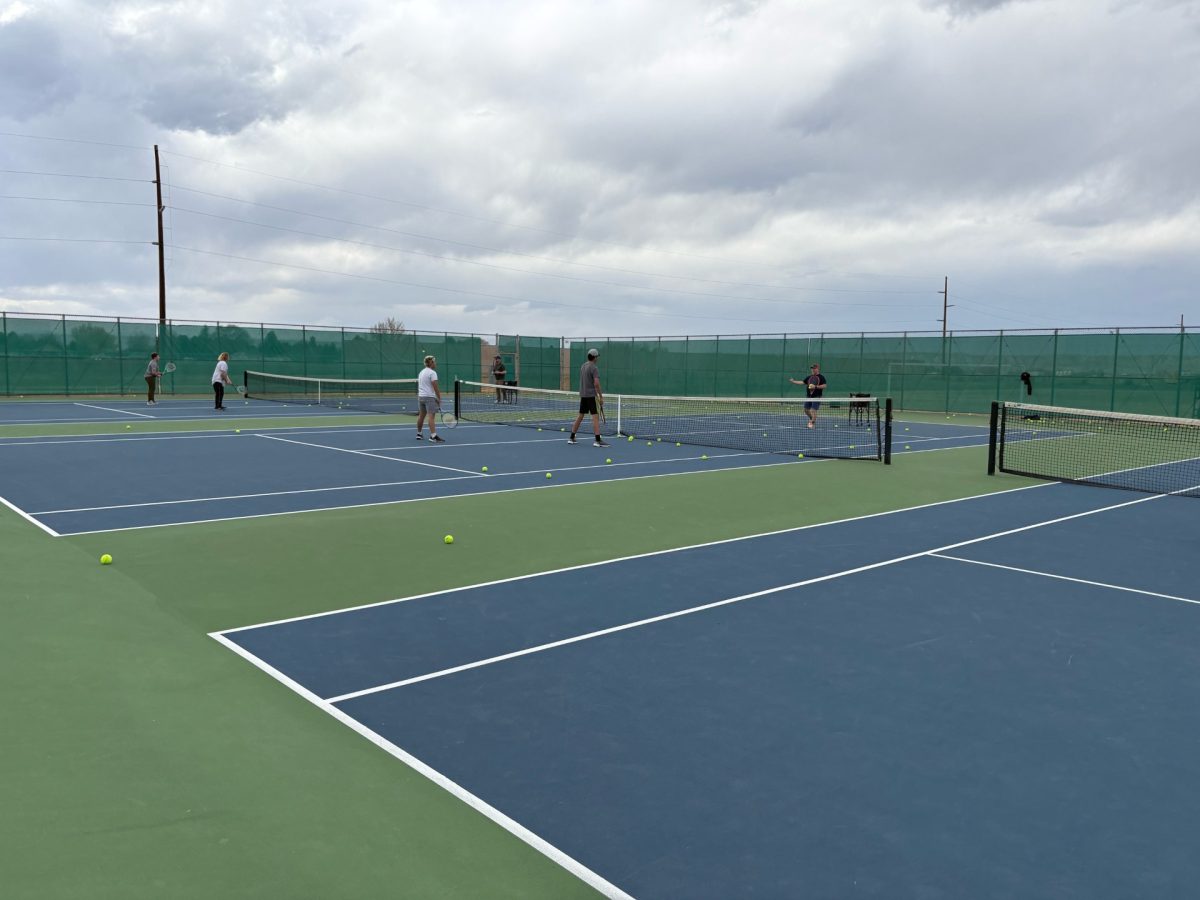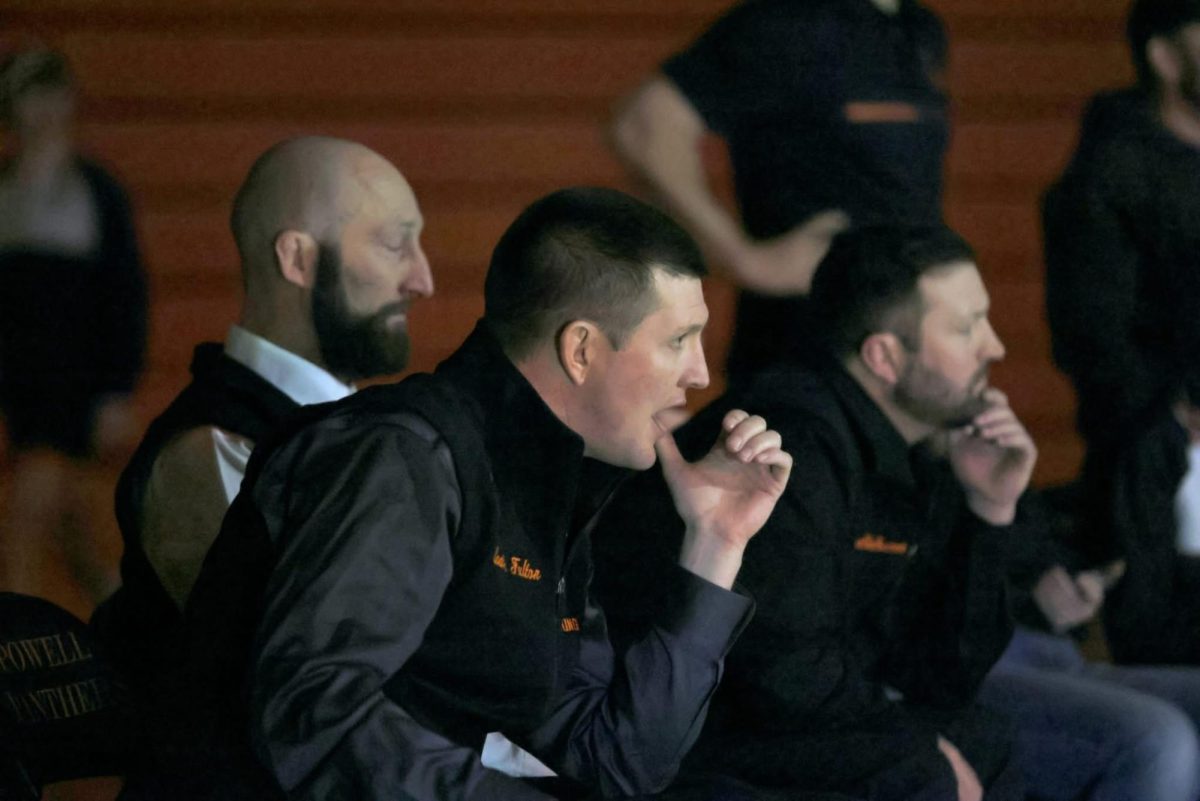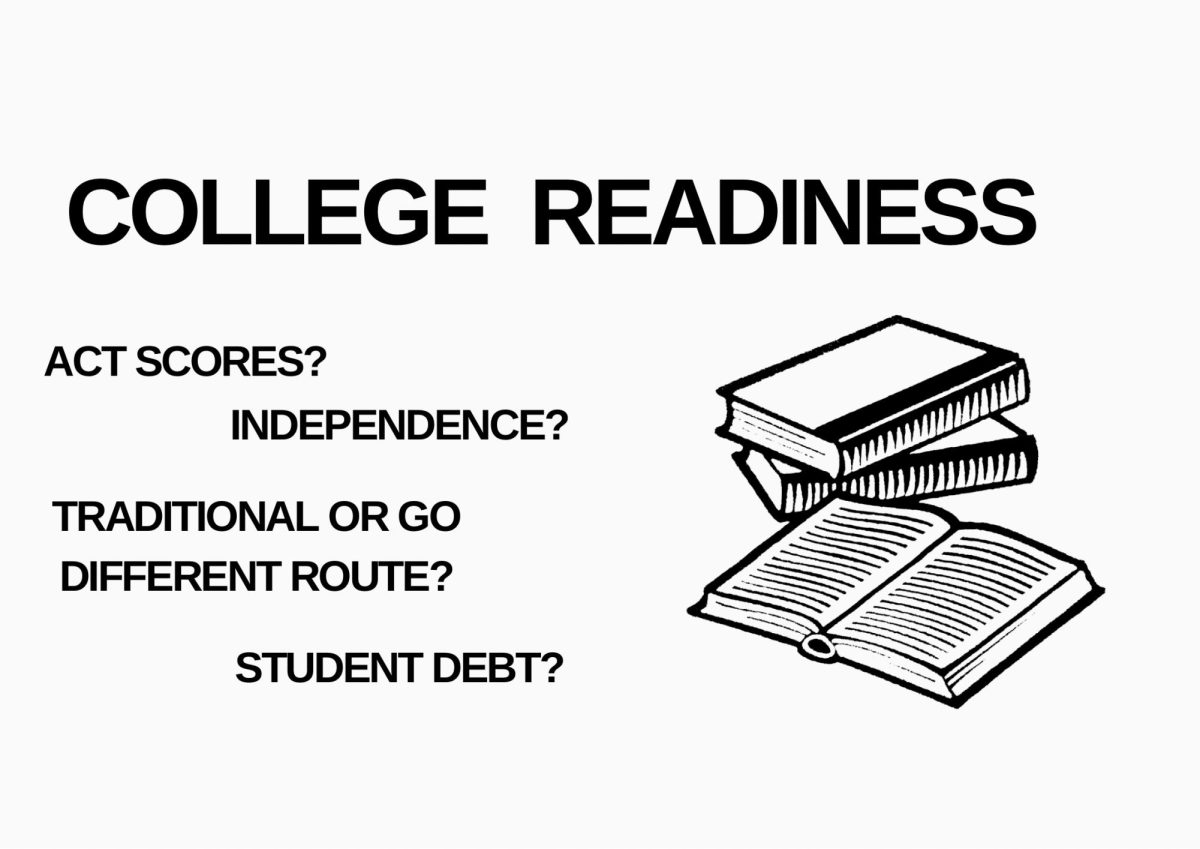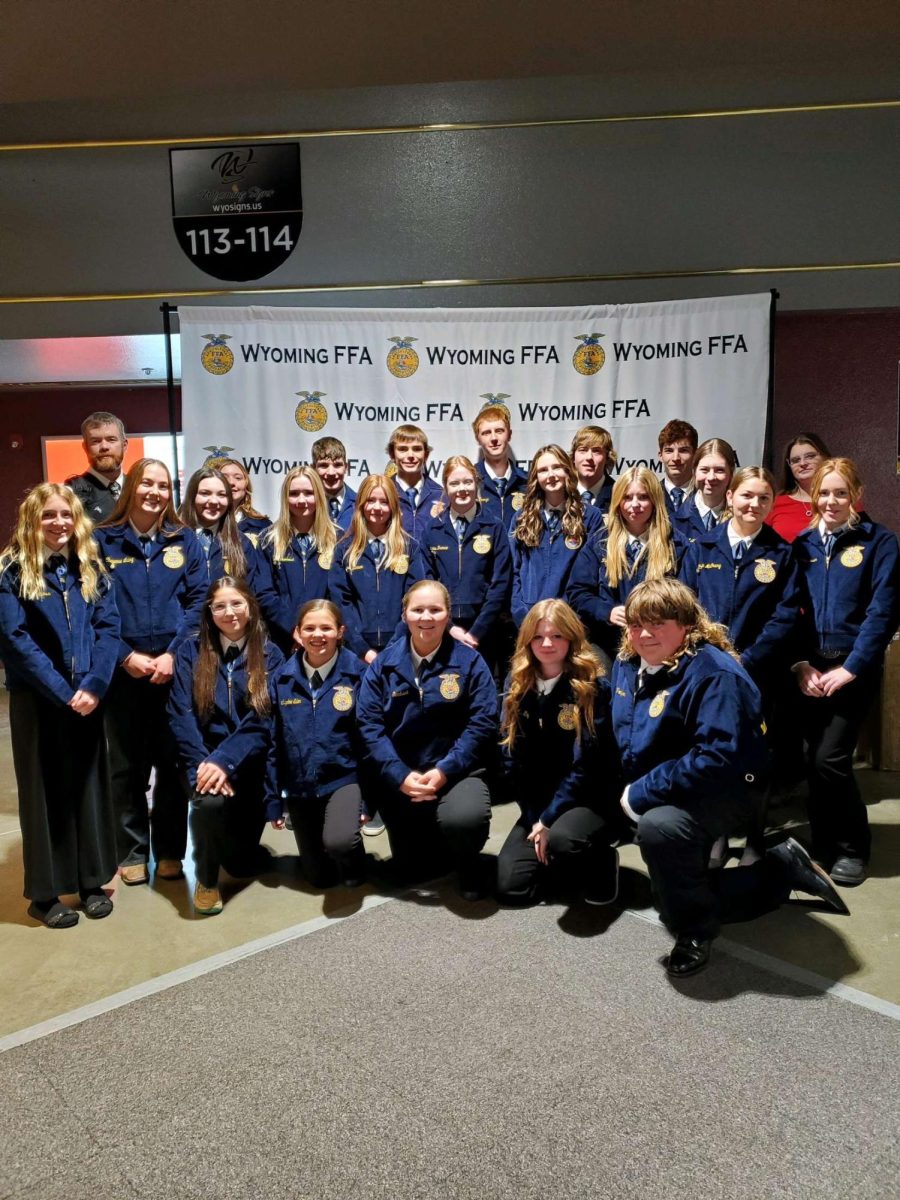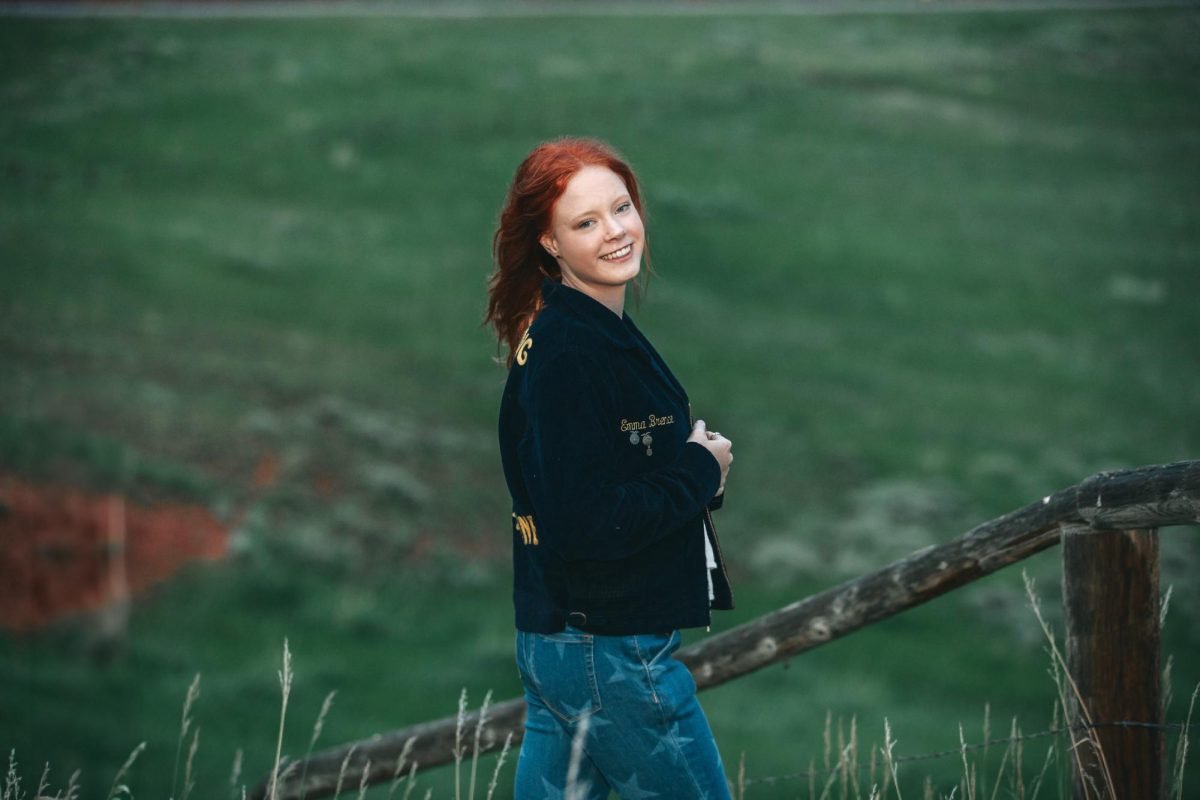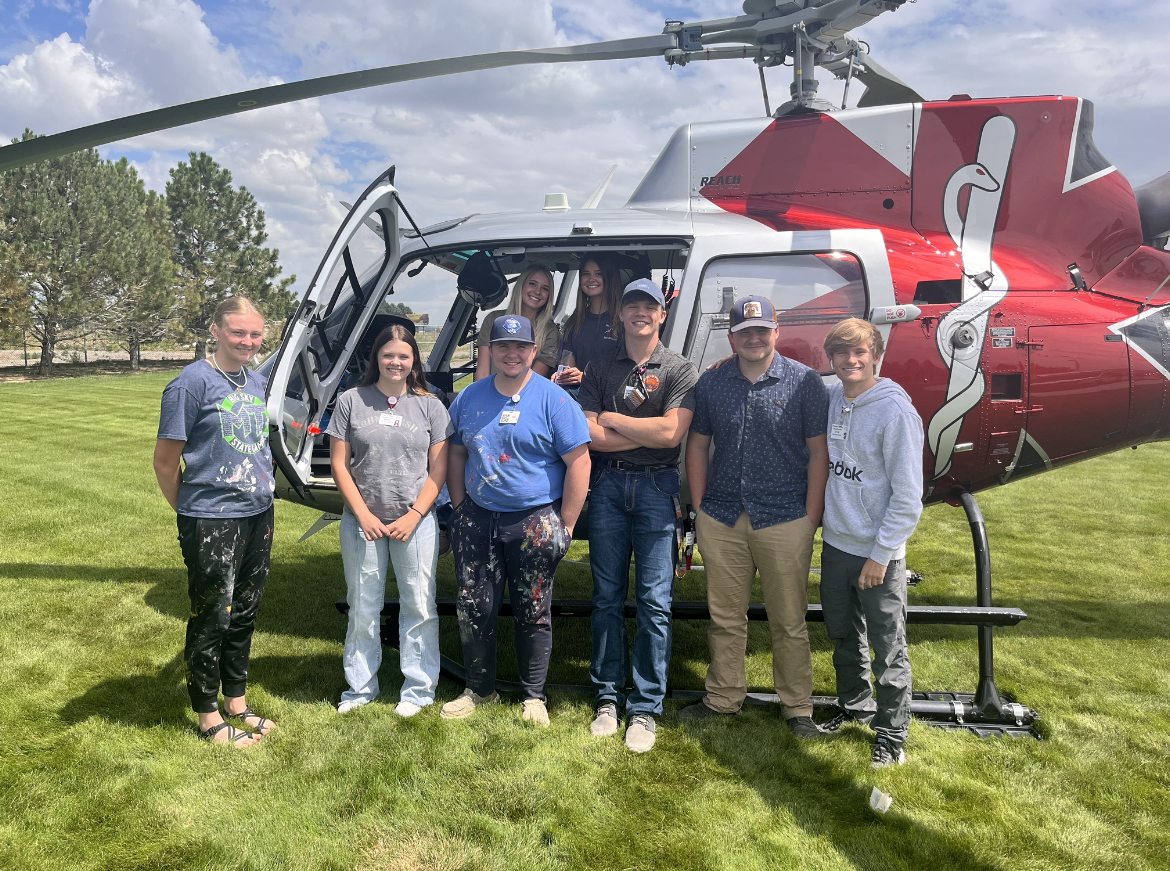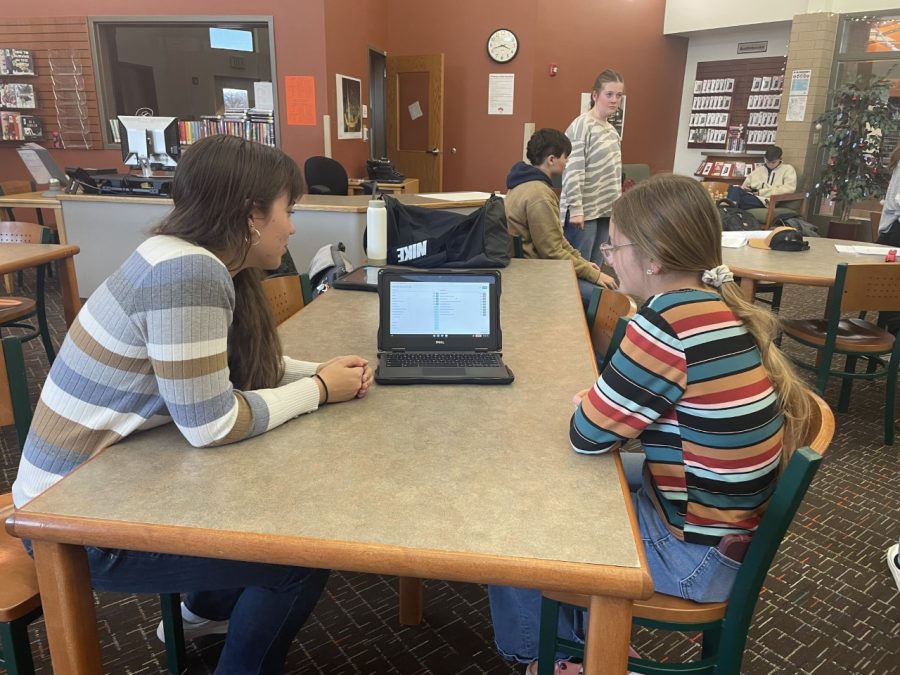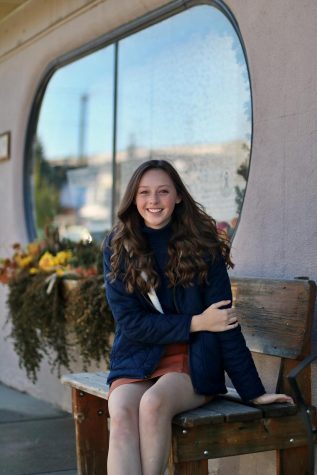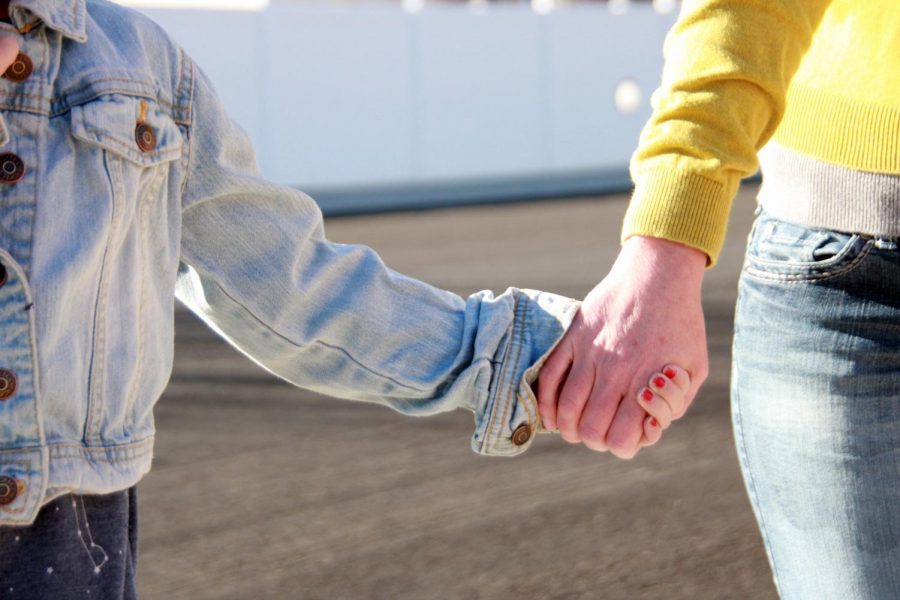“SHE DOESN’T OWE ANYONE A HUG”
Controversy erupts after Girl Scouts USA posts a public reminder on Twitter
Making your child hug another adult goodbye may be affecting them negatively.
From school assemblies to parent and child talks, it is clear to kids that setting physical boundaries are important. They’re taught to express themselves when they feel one of these boundaries has been broken and to firmly say no to a person who tries to touch them or hurt them.
But what happens when the breaking of a child’s boundary is encouraged by a parent?
It’s a scene as familiar as a parent telling a child to go hug their aunt goodbye. The child is reluctant, obviously not having a desire to do so. The parent in return begins to feel embarrassed for the hesitation and begins to pressure the kid into embracing their aunt. It’s an awkward and uncomfortable situation, and we’ve all been there.
It happens all the time, but is it something we should be encouraging?
Back in November, Girl Scouts USA posted a reminder on Twitter and their website reading, “She doesn’t owe anyone a hug. Not even at the holidays.” The statement gained much traction and received mixed reviews.
Both sides presented their arguments. Some agreed with the tweet and commended the organization releasing the statement while others found the post inconsiderate and disrespectful. Both brought up valid points, but in the end, the support for the Girl Scouts’ message remained loud and clear. Kids, no matter what gender, shouldn’t be forced to show physical affection for a couple of reasons. If a stranger crosses a child’s boundary, they’re taught to say no. But when parents allow for unwanted affection from a family member or close friend, the word “no” suddenly creates confusion for the child. Can they still use the word no if they feel uncomfortable? Or are they supposed to comply with whatever physical contact an adult initiates?
Curious about how others felt, this reporter posted a poll on her Instagram story with the question, “Should younger kids be instructed to hug an adult by their parents?” The results ended with a 33% of the 70 students voting yes, while the remaining 67% voted no.
Powell High School junior Jozi Simpson was one of the students who had voted in favor.
“When you hug someone it’s showing compassion and caring characteristics,” Simpson said. “It’s important to learn those at a young age. When you’re young you don’t really understand what it means to be family or close friends. Giving a hug is just [helping kids] understand who and what that is.”
Simpson said she was also expected to hug others goodbye when she was younger.
“That’s what was asked and that’s what people wanted,” Simpson said. “It taught me how to show love and compassion. The people I hugged [back then], I still love today.”
PHS freshman Lila Asay voted no on the poll.
“I think it should be completely up to the child if they feel comfortable or not hugging a certain adult,” Asay said. “If a child is uncomfortable hugging an adult, it can make the situation awkward and potentially make the adult feel bad if the child resists hugging them.”
PHS senior Taeli Hessenthaler also voted no.
“I think that it instills unhealthy ideals of affection,” Hessenthaler said. “Kids have a hard time differentiating different circumstances so a lot of the time when it’s time to give hugs, kids deem that as a mandatory thing that they have to do. Then when they get in a situation with a stranger, a lot of times it’s difficult to decide if that affection is still mandatory when asked for.”
Hessanthaler works at the Learning Garden preschool and has done work studies at two different elementaries during the school year. She said the experience has helped shape her opinion on the subject.
“[I] get to actually hear from kids and see them interact with people around them,” Hessanthaler said. “It’s easy to tell when a child is uncomfortable and if you listen to those kids it’s easy to find out what … made them uncomfortable.”
Yet, Grandma wanting a hug doesn’t mean she has the worst intentions behind it. Reciprocated physical affection from a child for many adults is perceived as a form of validation of the child’s feelings.
But there’s other ways to receive admiration from a kid. Gestures such as high fives, handshakes or fistbumps are a good alternative to show compassion. Spending quality time together or even a child just showing some sort of artwork they made in class are also forms of affection.

